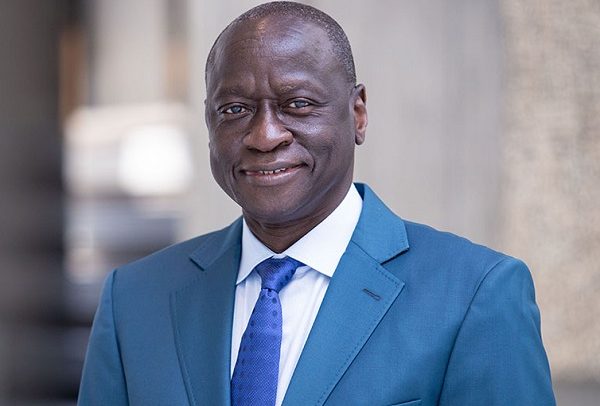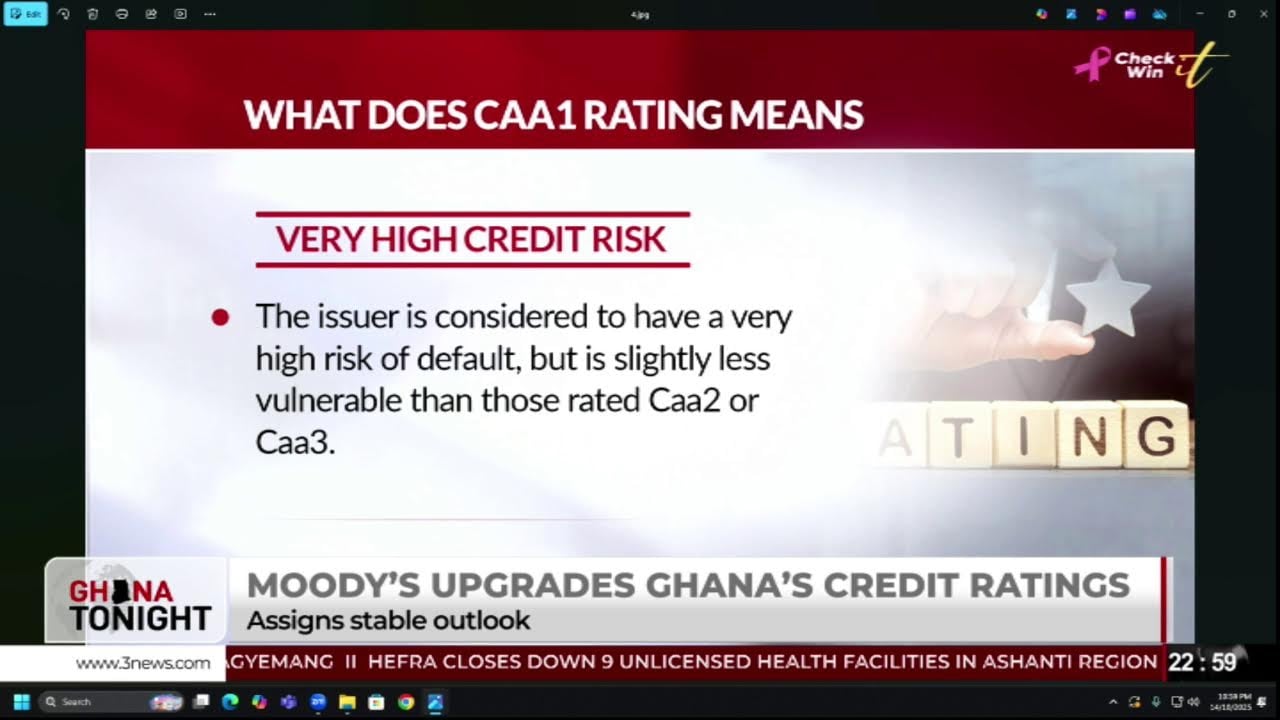
…Africa’s untapped land seen as engine for jobs and food security
By Joshua Worlasi AMLANU, Washington, D.C
The World Bank Group has launched a major agribusiness initiative aimed at transforming the livelihoods of smallholder farmers and boosting food security, with a particular focus on Africa’s vast uncultivated land.
The programme, AgriConnect, seeks to create jobs, increase farmer incomes and strengthen value chains across developing countries. With global food demand expected to rise more than 50 percent in the coming decades, targetted investment in agribusiness could generate millions of jobs across the value chain – from input supply and logistics to processing and retail.
“We’ve set a target to double our agribusiness commitments to US$9billion annually by 2030, aiming to mobilise an additional US$5billion. It is grounded in what we’ve tested in the field and in lessons borrowed from others. Steal shamelessly and share seamlessly – that is how we succeed together,” World Bank Group President Ajay Banga said at the of the programme’s launch on Tuesday in Washington, D.C.
The World Bank Group President said agriculture remains central to development but stressed a need to transform it into a driver of large-scale employment and income growth.
“Over the next 10 to 15 years, roughly 1.2 billion young people in developing countries will enter the workforce, but only about 400 million jobs are expected to be created under current trends. That gap could either drive economic growth or fuel instability,” Mr. Banga said.
Africa’s agribusiness sector alone could reach US$1trillion by 2030, providing a critical engine for economic growth and food security.
As part of the initiative, the International Fund for Agricultural Development (IFAD) pledged to reach at least 70 million small-scale farmers by 2030 – aiming to increase their productivity, market access and incomes. The pledge was made by IFAD President Alvaro Lario during the World Bank’s Annual Meetings in Washington.
“IFAD investments have led to higher incomes, bigger yields and better market access for small-scale food producers,” Mr. Lario said.
He added that the goal is to ensure rural areas become engines of growth, jobs, and food security by connecting farmers to markets and resources.
AgriConnect is designed to support 250 million smallholder farmers globally, with backing from the World Bank, IFAD, African Development Bank and Inter-American Development Bank. IFAD’s experience shows that investments in remote and fragile rural areas can significantly boost incomes and food production.
Recent projects between 2022 and 2024 recorded average income growth of 34 percent and production gains of 35 percent for participating farmers. Market access for these smallholders also improved by an estimated 34 percent.
The initiative also emphasises private sector engagement, digital tools and youth involvement. Between 2019 and 2023, 70 percent of IFAD projects engaged local businesses to strengthen value chains. Investments now include de-risking support for small- and medium-sized enterprises (SMEs) and rural financial institutions, allowing farmers to access finance, technology and know-how.
IFAD has also invested in digital innovations such as mobile-based tools that help farmers manage crops, receive advice and facilitate payments while providing data for credit access.
Specifically, IFAD’s overarching objective in Ghana is to reduce poverty in line with government’s economic development strategy. IFAD-supported projects help build inclusive and sustainable institutions, backed by pro-poor investments, policies and innovation. Since 1980, IFAD has invested a total of US$271.5million in 17 projects and programmes in Ghana, benefitting more than 3,500,000 households.
The World Bank President outlined a three-pillar approach to generating jobs through agribusiness: build infrastructure and skills, create predictable regulations and a business-friendly environment and provide risk tools that attract private investment. Africa, with 60 percent of the world’s uncultivated arable land, is seen as central to the strategy. Other emerging regions, including Latin America and Asia, are also targets for increasing productivity, market access and financing for smallholders.
The initiative seeks to address structural challenges that limit smallholders’ ability to scale, including land tenure clarity, irrigation, storage and access to finance. By supporting producer organisations, cooperatives and structured value chains, AgriConnect aims to create predictable routes to market, enhance resilience against climate shocks and increase farmer incomes.
“Digital technology is the glue holding this system together,” Mr. Banga said. “Tools that detect crop disease, recommend fertiliser use and enable secure payments create a data-trail that supports credit access and lowers the cost of capital.”
He noted that pilot programmes in India’s Uttar Pradesh have demonstrated the approach’s scalability and impact.
The post World Bank pushes US$9bn agribusiness drive appeared first on The Business & Financial Times.
Read Full Story






















Facebook
Twitter
Pinterest
Instagram
Google+
YouTube
LinkedIn
RSS